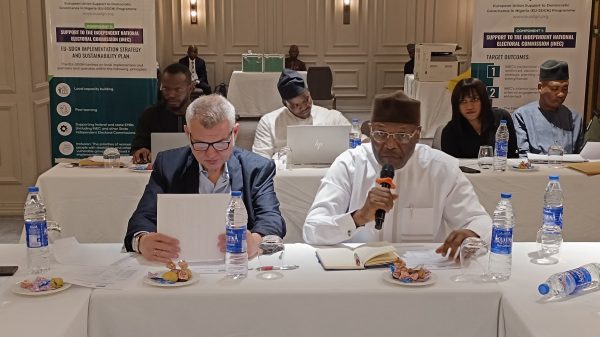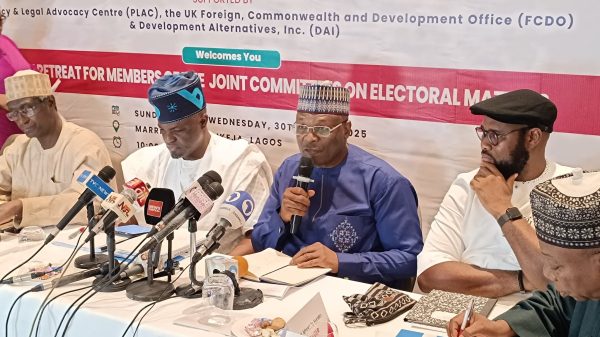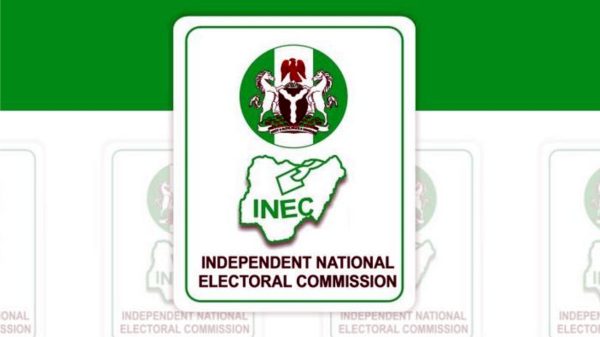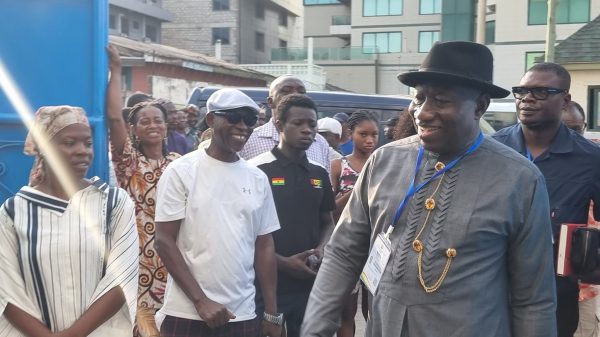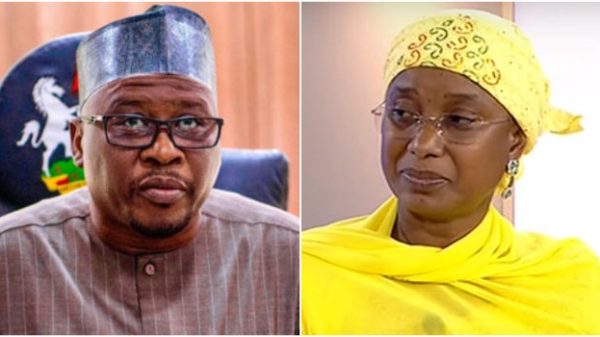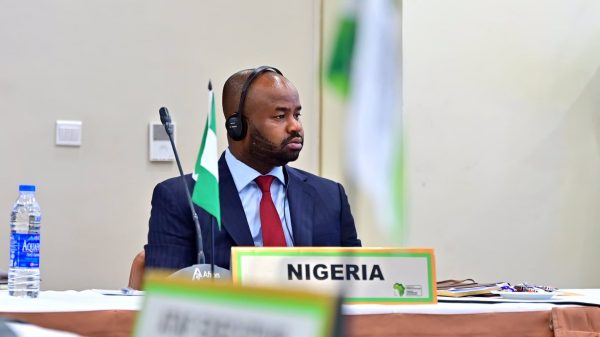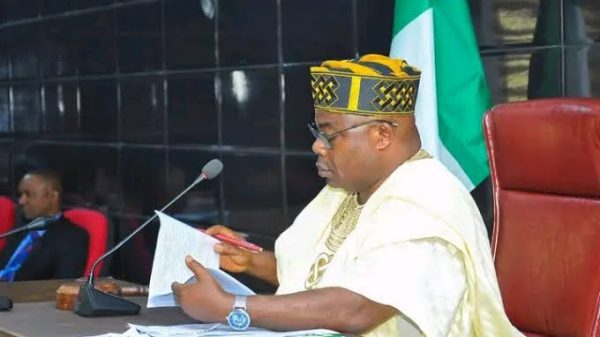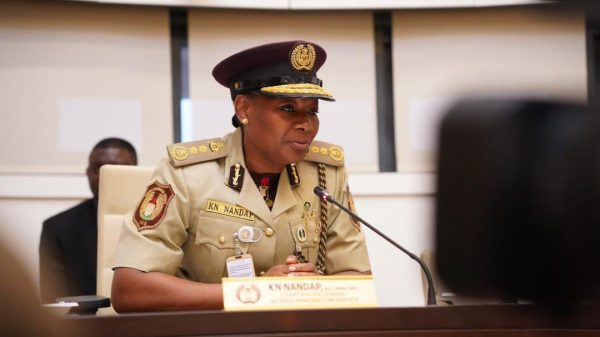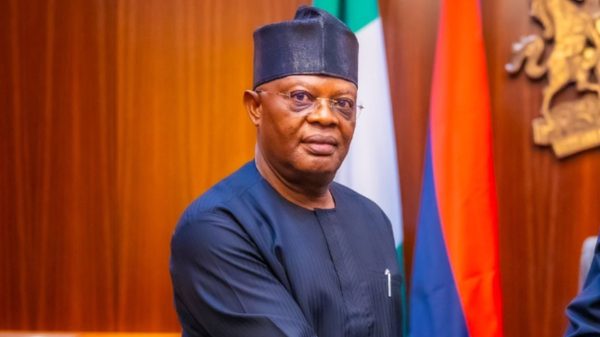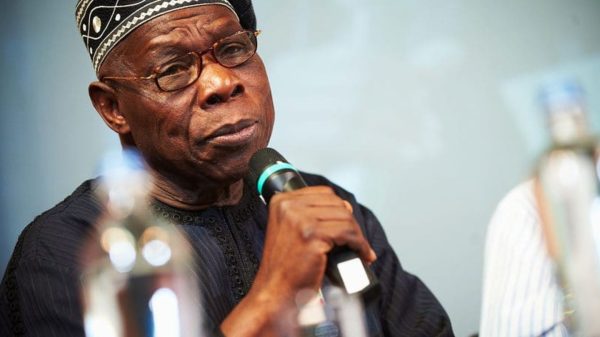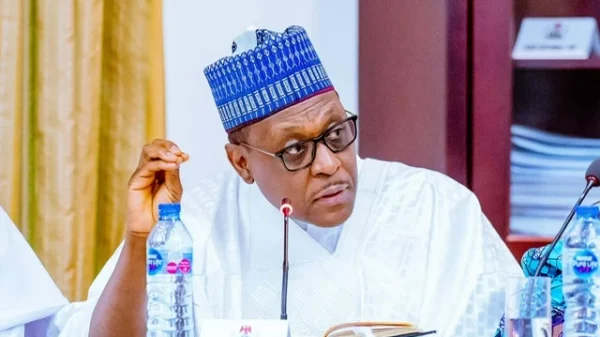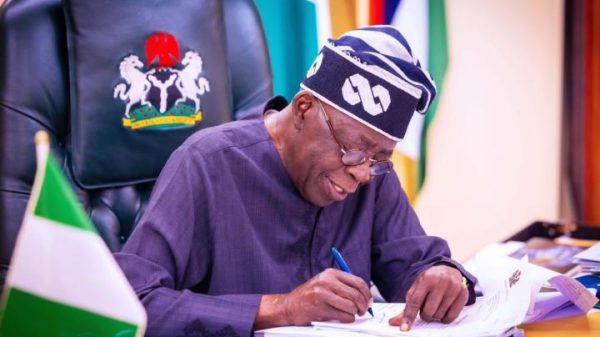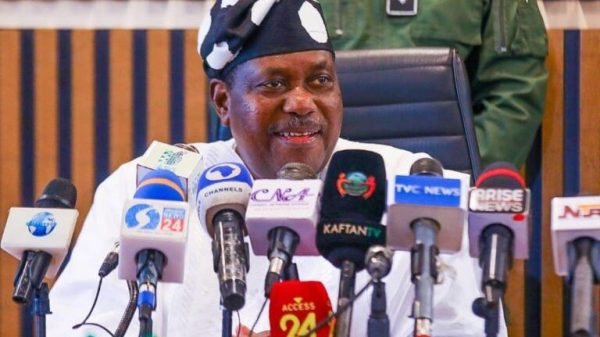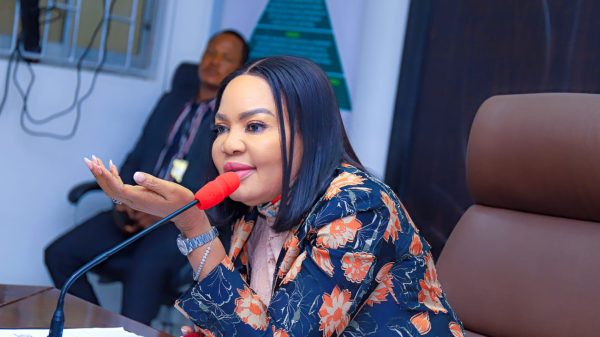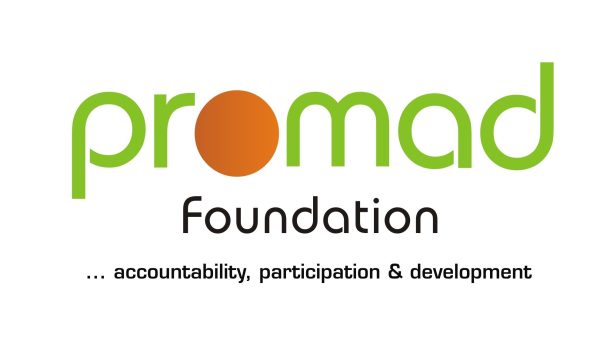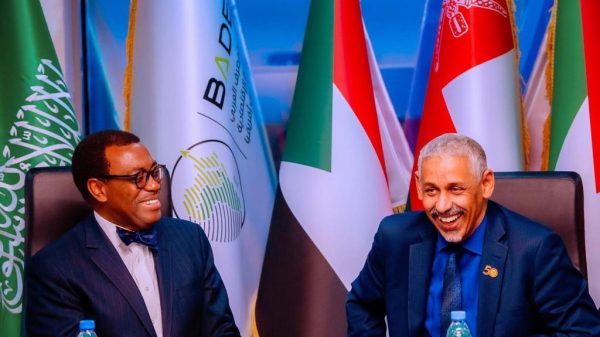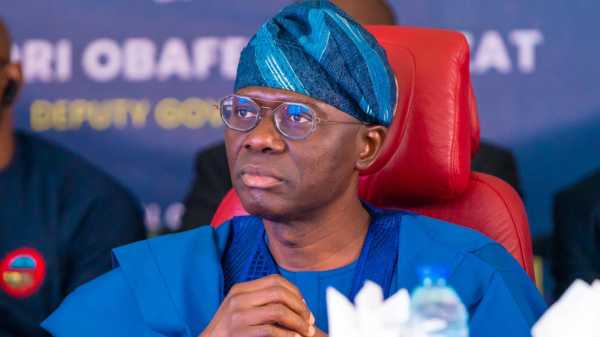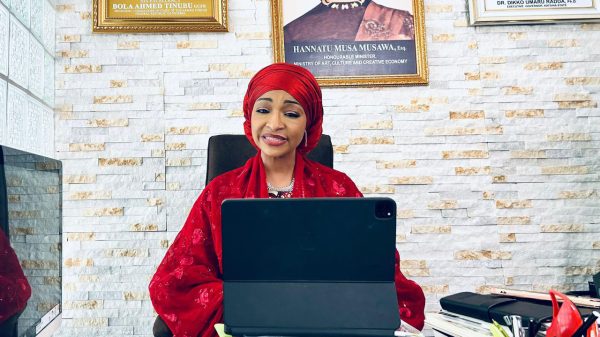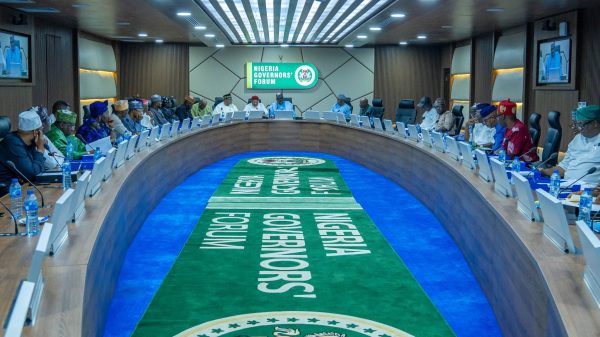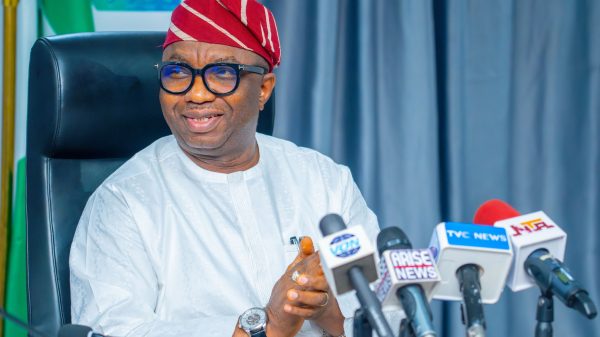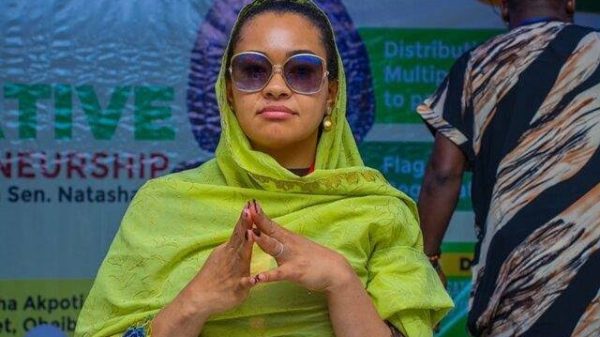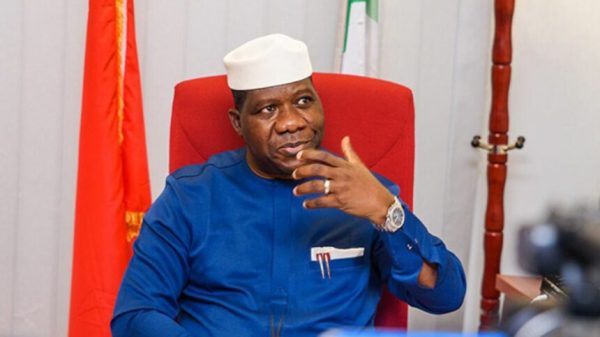TECHNOCRAT MEDIA, Abuja
A coalition of civil society organisations has rejected the introduction of consensus by the Senate as a mode for the nomination of candidates for elections in the Electoral Bill 2021.
In a statement on Wednesday in Abuja, the group said commended the upper and lower chambers of the National Assembly for their swift action to review the position on compulsory primaries as the sole mode for the nomination of candidates in the bill but however rejected the introduction of consensus by the Senate.
The statement reads: “Civil Society reject Senate’s introduction of consensus as a mode for the nomination of candidates in the Electoral Bill 2021”
“The undersigned Civil Society groups commend the swift action taken by the National Assembly upon resumption to review its position on direct primaries as the sole mode for the nomination of candidates in the Electoral Bill 2021.”
“At today’s plenary, the Senate and House of Representatives recommitted the Electoral Bill 2021 with the proposed amendment to Clause 84 dealing with the nomination of candidates. While the Senate voted for direct, indirect, and consensus mode as a procedure for the nomination of candidates, the House of Representatives voted for the conduct of direct and indirect primaries as the acceptable mode of nomination of candidates.”
“We reject the decision of the Senate to introduce a completely new mode of “consensus” as a procedure for candidates’ nomination. The Consensus model is antithetical to democratic principles and will result in the subversion of popular will. Furthermore, it violates the rights of aspirants to equal participation in party primaries and limits the choice of voters to candidates who did not emerge from democratic primary elections. Judging from experience, the consensus has occasioned a litany of litigations in Nigeria’s electoral process.”
The group called on the Senate to adopt the “direct and indirect mode of primaries” as adopted by the House of Representatives in line with the popular demand of Nigerians.
“We call on the Senate to, in line with the popular will of Nigerians, adopt the position of the House of Representatives which now recognizes direct and indirect primaries as the procedure for nomination of candidates.”
“With this development, a harmonization committee will now have to be constituted by the leadership of the National Assembly to harmonize the divergent positions of both chambers thereby delaying the speedy conclusion of the process.”
“We, therefore, call for the immediate withdrawal of this new introduction which is alien to the original Electoral Bill 2021 to speed up the work of the harmonization committee and conclusion of the amendment process on or before the 21 January 2022 deadline. As indicated in our earlier statement, any further delay will undermine public confidence in the reform process and therefore unacceptable.”, the group said.
The group comprises of Yiaga Africa, International Press Centre (IPC); Centre for Citizens with Disability (CCD); The Albino Foundation; CLEEN Foundation; Institute for Media and Society (IMS,); Nigerian Women Trust Fund (NWTF); Premium Times Centre for Investigative Journalism (PTCIJ); Partners for Electoral Reforms (PER); Civil Society Legislative Advocacy Centre (CISLAC); Women Advocates Research and Documentation Centre (WARDC); and Nigerian Network of Non-Governmental Organizations (NNNGO); and Inclusive Friends Association (IFA).






